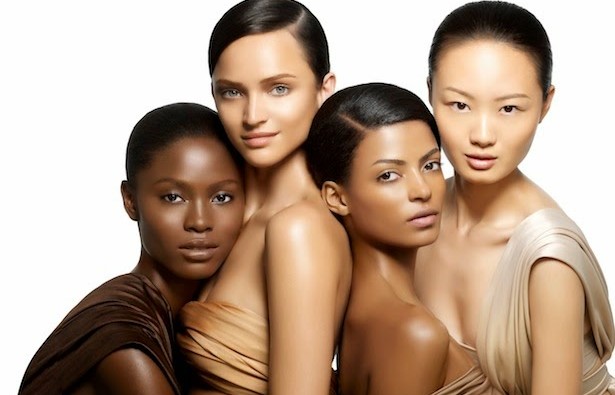Due to its lack of gender balance, the technology industry has been in the hot seat recently. However, it is not the only industry whose upper echelons remain male-dominated. According to reports the multibillion-dollar beauty industry which sells primarily to women has become the biggest company worldwide and are mostly run by men.
This suggests that men are the helm of the companies that decide the size of a mascara wand and the shade of a lipstick
Women-led start-ups are changing the beauty industry as they attracting more money from venture capital funds, and even shareholder groups are adding pressure to existing companies, forcing them to be diverse in their leadership.
According to the research group, Ledbetter, which maintains a database on the number of women who hold a leadership position in the beauty industry, many beauty companies either have little or no female representation.
The top cosmetic companies such as, Bath and Body Works (which is owned by L Brands), Revlon and luxury conglomerate LVMH (which owns brands such as Make Up For Ever, Fresh and Benefit Cosmetics), are all owned by men, meanwhile Estee Lauder’s company has a few women in executive positions.
According to the Ledbetter database, women occupy 24 percent of executive positions and 34 percent of board seats at the personal care companies.
Companies such as Birchbox or Ipsy, which are led by women, have a female president and a male CEO. This company offers more personalised information including subscription boxes that contain beauty samples which are selected to match customer’s interests.
Many beauty start-ups are entering the market just as online shopping and other trends are changing the business industry. A few companies are taking the non-traditional route into the industry, such as Ipsy co-founder Michelle Phan, who has over 8 million subscribers by creating makeup tutorials on YouTube. Also, founder and CEO of StyleSeat Melody McCloskey has an online platform that allows clients to connect with beauty services and she has said that many consumers are moving away from retail and salons and towards speciality outlets and online retailers.


















